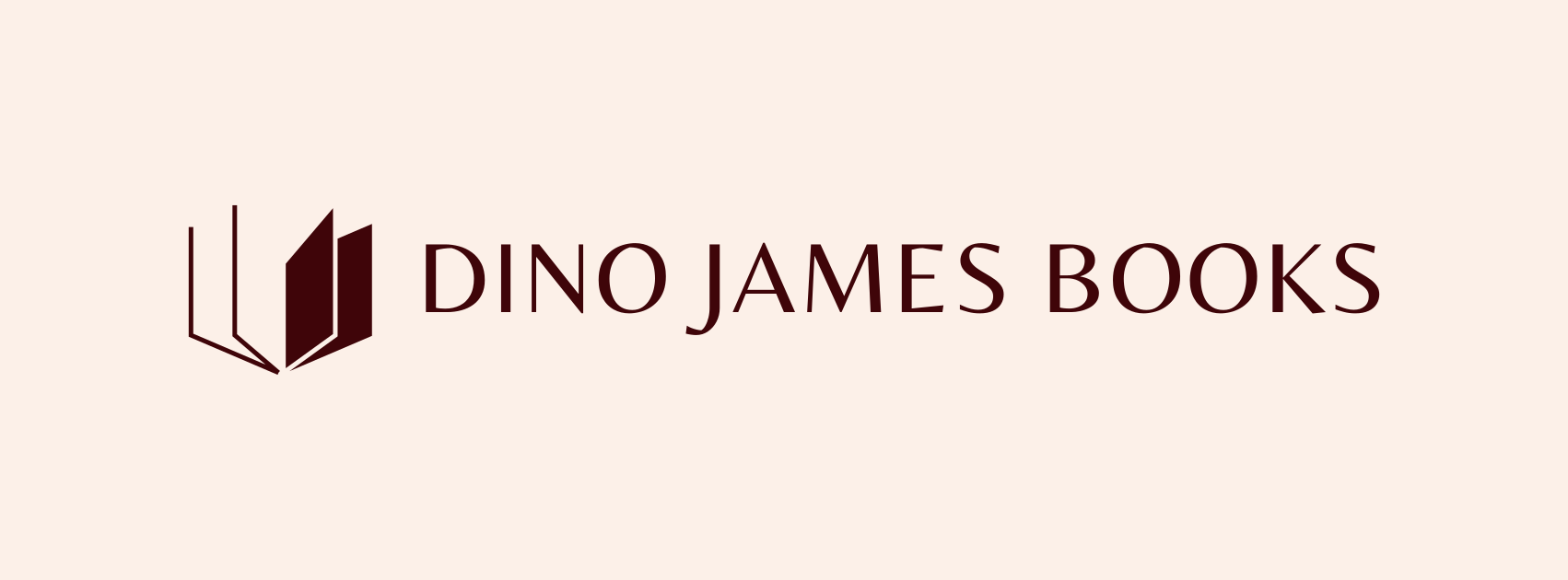At the heart of The Way lies the journey of Tom, a conservative, grieving American father (Martin Sheen), who travels to France to collect the remains of his estranged son, Daniel (played by director Emilio Estevez), who died in the Pyrenees while attempting the Camino de Santiago pilgrimage. Rather than returning home, Tom decides to walk the Camino himself—carrying his son’s ashes and completing the journey in his honor. But what begins as a gesture of grief and tribute slowly transforms into a path of awakening and inner peace.
In A Course in Miracles terms, Tom’s path echoes a classic theme: “Forgiveness is the key to happiness.” Though Tom sets out angry and heartbroken—driven by guilt and regret over his broken relationship with his son—each step on the Camino becomes a symbolic undoing of the past. ACIM reminds us that healing is not found in changing the world, but in changing our mind about the world. Tom does exactly that.
Undoing the Ego
At the beginning of the journey, Tom represents the archetype of the ego: solitary, judgmental, controlling. He rejects companionship, avoids vulnerability, and resists change. But as he meets others on the Camino—a Dutchman seeking to lose weight, a Canadian woman escaping an abusive relationship, and an Irish writer struggling with creative blocks—Tom is pulled out of his isolation. These characters serve as mirrors of his own unhealed pain, and in joining them, he begins to let go of his defenses.
ACIM teaches: “I am never upset for the reason I think.” Tom believes he is walking for Daniel, but ultimately, he is walking for himself. For healing. For redemption. For peace.
Grief as a Classroom
Tom’s grief is heavy, but it becomes his teacher. ACIM does not deny grief—it simply reframes it. The Course reminds us that “all things are lessons God would have me learn.” The Camino becomes Tom’s classroom. Each obstacle, each conversation, each moment of stillness on the trail invites a surrendering of past grievances and future fears.
In a powerful moment, Tom throws some of Daniel’s ashes into the wind. It’s a gesture of release—not only of his son’s body, but of the judgment he carried about their differences. He begins to see Daniel not as a rebellious disappointment, but as a soul who followed his inner call. This shift—from perception to vision—is the miracle.
Fellow Travelers and Holy Encounters
In ACIM, every meeting is a “holy encounter.” The strangers Tom meets are not random companions but chosen partners in his healing. The camaraderie and the conflicts all serve the greater purpose of awakening. Their laughter, disagreements, meals, and shared exhaustion forge an intimacy that transcends cultural and personal differences. Each character is released from a personal prison by the end of the film—not through effort, but through connection.
Letting Go of the Past
By the end of the pilgrimage, Tom has changed, though the scenery has not. As ACIM says: “Seek not to change the world, but choose to change your mind about the world.” The Camino is no longer a tribute to his son’s death—it becomes a celebration of his own rebirth. He no longer walks as a man burdened by regret, but as one released into a quieter joy.
ACIM Takeaway Points from The Way:
- True healing is internal. Tom thought he had to walk miles to honor his son, but he only needed to shift perception.
- Every encounter is a gift. The people along the journey become sacred companions in undoing his judgments.
- Grief can become grace. Pain transformed through love becomes a portal to peace.
- Release leads to freedom. The ashes scattered are not just a symbol of death—they represent the ego’s release.
- The path is never really about distance, but depth. The outer road mirrors the inner journey.
Closing Reflection
The Way invites us to reconsider our own spiritual path. Are we walking alone, burdened by the past? Or are we open to joining with others and receiving the unexpected gifts of healing? ACIM teaches us that salvation is not found in sacrifice or suffering, but in forgiveness and shared vision. This film gently reveals that truth—not through loud preaching, but through silent landscapes, shared meals, and the quiet shedding of old identities.
If you’ve ever felt lost, estranged, or burdened by regret, The Way may point you home—not to a place, but to a presence. The same Presence that ACIM calls the Voice for God.
For more of my essays, movie reviews, books, and videos, visit dinojamesbooks.com.
robert@dinojamesbooks.com

